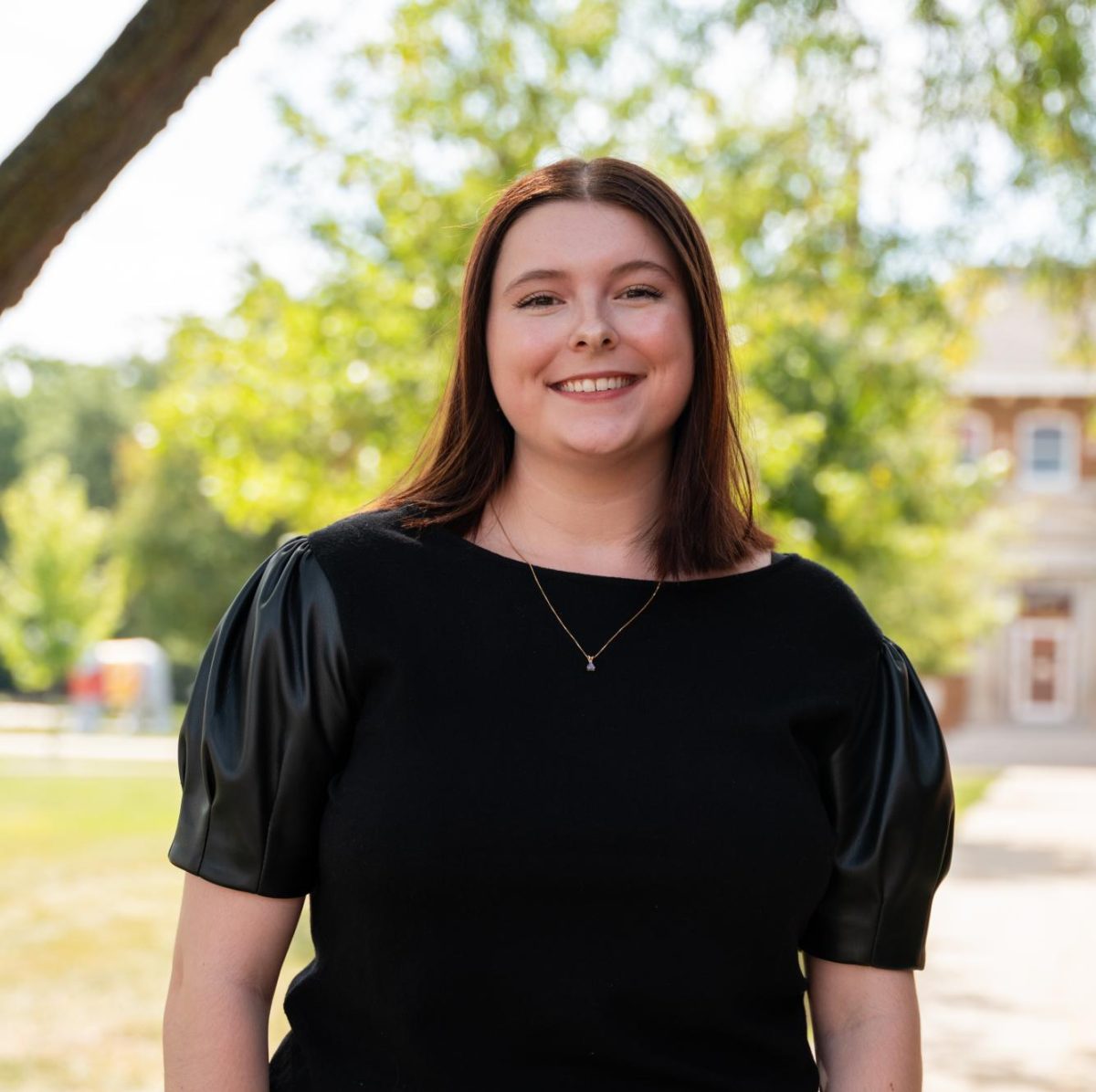A growing gay community brings variety of reactions from small town Iowa students
April 3, 2003
For junior Cory Pfister, holding hands with his fiancé is not an option in small town Indianola. Watching straight couples hold hands in places like Wal Mart cause a feeling of sadness to overcome him. It is because Pfister’s fiancé is a man he feels that it is still socially unacceptable to display forms of affection in public.
It may be surprising to know that the visible gay community on campus reaches to numbers of around 30 people.
“I wasn’t aware of the large gay community,” said junior Abby Smith. “I speaks well of our institution that we can have a lot of openly gay people and it doesn’t cause a lot of controversy.”
Cory Pfister, president of LGBTQA, said that he hasn’t had any social complications as an open gay man. Pfister has also recently become engaged to his partner and he has gotten positive responses from people.
“There are pockets of acceptance and open-minded people at Simpson,” said Pfister. “When you find those people, you stick with them.”
Zack Rapp, a freshman, was not completely out as a gay man when he came to Simpson, but he said that the process of coming out on campus was relatively good. Rapp has only had to deal with a couple of instances where he was verbally abused by Simpson students.
“The women are always great with it,” said Rapp.
After he informed one of his LAS classmates that he liked the exotic male poster on her wall, she called her mom and said she had met a cute guy who likes guys, with some disappointment in her voice. Unfortunately, it is more difficult for him to interact with heterosexual males at Simpson.
Rapp was concerned that male students would be nervous that he would make a pass at them and he is self-conscious around them.
“It’s awkward,” said Rapp.
Ronda Butler, a member of LGBTQA, attended a conference called “Combating Prejudice” at Boston University a few weeks ago. Butler realized at the conference that Simpson is doing better than most college atmospheres when it comes to the issue of prejudice.
Exposure was said to be one of the most important factors in becoming more understanding of any kind of diversity. Education at Simpson has done its job of broadening the worldview for its students.
Senior Jon Heim said he had never been exposed to homosexuality. Moreover, he was raised to believe it is wrong. It was through his senior colloquium class “Culture and Identity” that Heim came to what he said was “a better understanding of what they have to go through as a minority group.”
“I do have a problem with homosexuality,” said Heim. “Not a problem with the people but with the ideology of homosexuality.”
Heim said this is partly due to his religious background. It was hard for him to relate to something he doesn’t understand. He explained that it’s similar to people who have pre-marital sex-it’s not the person you judge, but the act.
Heim has come to realize the presence a gay community promotes that a homosexual viewpoint exists. Heim said he understands their fight for a more free society. Heim suggests that one way they can make their plight less unfortunate is to be themselves in all situations.
It was a unanimous comment from the interviewed homosexuals that they often feel nervous around heterosexuals of the same gender. They are afraid a heterosexual might take any of their actions as sexual advances.
Education has been one forum for creating an understanding of minorities and a diverse campus can also bring social awareness.
When senior Jeff Caskey left Williamsburg, Iowa and came to Simpson, he possessed an anti-gay attitude. Caskey then joined Lambda Chi Alpha and was introduced to its gay members. Caskey said he was uncomfortable at first. He used to run around the hallways of Lambda Chi Alpha expressing hate speech against the gay members.
Eventually, through required house events, Caskey began to see the gay members as people with thoughts and responsibilities that helped the house. He began to see them as individuals, and actually became friends with one member, Joey Begovich, graduate of 2002, who is openly gay.
Caskey went from acting in prejudice ways to eventually defending Begovich against violence and discrimination.
Caskey still holds the feeling that people “shouldn’t run around campus in a rainbow cape, but if you believe in it, don’t hide it in a closet.”




